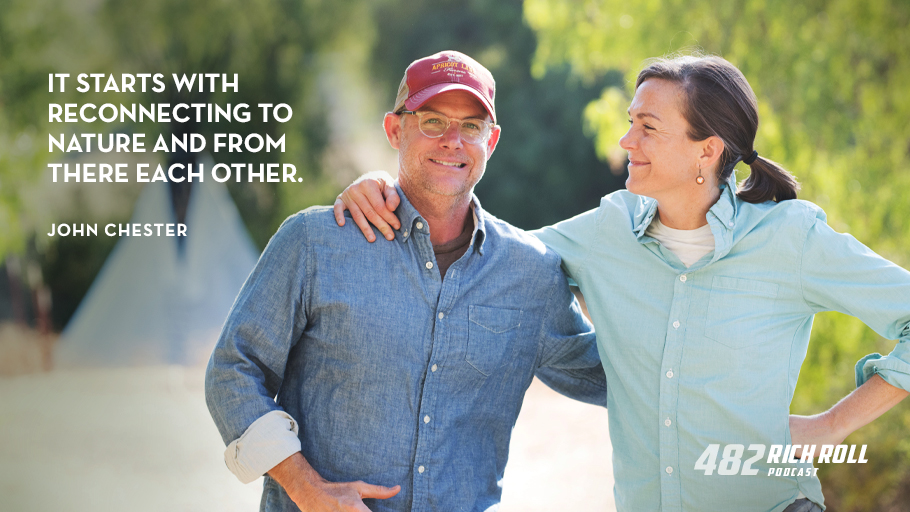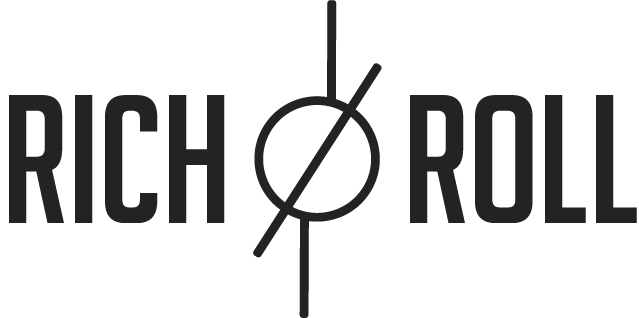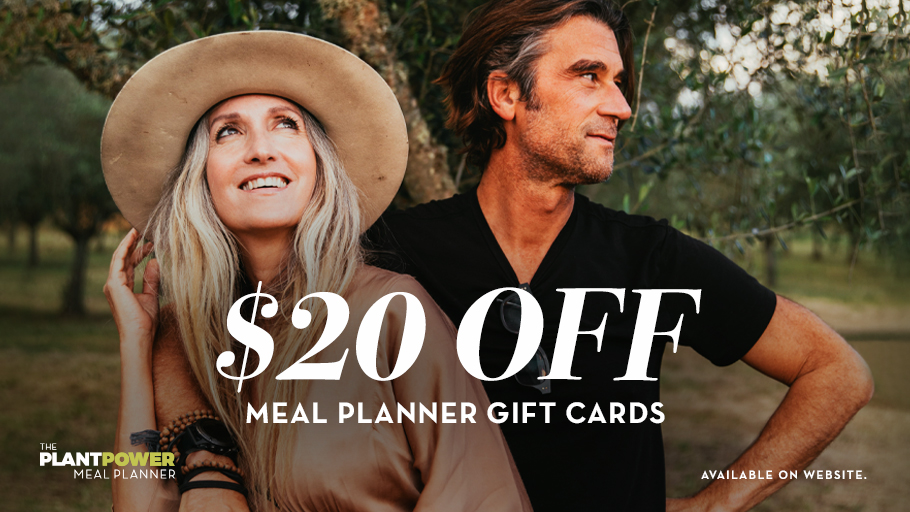Podcast: Play in new window | Download | Embed
“This all started with a promise that we would leave the big city and build a life in perfect harmony with nature.”
John Chester
Biodiversity. Regenerative agriculture. Ecological sustainability. Carbon drawdown. Climate change reversal.
These are popular themes that recur regularly on this show. But in practical terms, what do they actually mean?
I wanted to better understand these subjects. Not from the perspective of an academic, scientific researcher or political pundit but rather from the direct experience of actual practitioners — people who live and practice it every single day — farmers.
Nine years ago, personal chef Molly Chester and her filmmaker husband John Chester traded their life in urban Santa Monica for 200 acres of infertile land nestled in the foothills of Ventura County — an arid and desolate plot called Apricot Lane Farms.
Hence began a journey to build a new life from scratch. The vision? An organic, biodiverse farm based upon regenerative principles, thriving in harmony with nature. It began with repairing the draught-laden, nutrient deplete soil, followed by planting 10,000 orchard trees. Rooting over 200 crops. Introducing a myriad of animals. Managing the chaos that ensued. And patiently stewarding the farm from inert to irascible and ultimately into what it is today — an awe-inspiring symphonic ecosystem in vibrant, sustainable co-existence with nature’s rhythms.
Along the way, John chronicled every daunting, obstacle-fraught step, plying his storytelling skills and masterful wildlife cinematography to produce The Biggest Little Farm — an extraordinary documentary that evidences the planet’s innate power to heal itself in synchronous partnership with humans devoted to restoring its precious biodiversity. Uplifting and wildly entertaining, it dispenses with the dystopia common among ecological fare, instead leaving audiences uplifted — and in love with the hard-earned possibility of positive change.
I was quite moved by this film. Compelled to know more, me and my team spent a day touring Apricot Lane — an educational and eye-opening experience that left me with a deep appreciation for the Chester’s achievement — and the nuanced complexity of their mission.

In the wake of my visit to Apricot Lane, I posted images from the experience on Instagram, accompanied by an expression of gratitude and respect for manifesting what environmentalists unanimously urge mandatory to repair the rapidly vanishing biodiversity of our precious soil (literally the planet’s microbiome). To sequester carbon and create sustainable food security. And to serve as a viable model for the future of farming.
John and Molly didn’t just protest climate change. They got to work, taking an action-based stand against the glyphosate-laden, chemical-based industrial, conglomerate owned, seed-controlled, GMO-infused, animal intensive CAFO factory farms that monopolize our current food system to the great demise of human, animal and ecological health.
More than anything, Apricot Lane proves that regenerative farming isn’t just possible, but profitable. And that it doesn’t just work, but exceeds conventional methods by yield volume and nutritional density metrics. Meanwhile, it controverts planetary warming by drawing down carbon and building long-term, natural resilience against pestilence, drought and soil erosion without the products and practices ‘BigAg’ wants you to believe are mandatory.
Basically, John and Molly live the credo echoed by several past podcast favorites and their respective advocacy organizations. People like Zach Bush, MD (Farmer’s Footprint), Paul Hawken (Project Drawdown), David Bronner (Climate Collaborative), and next week’s guest Ryland Engelhart (Kiss The Ground). All vegans, these influential leaders in the sustainability space unanimously urge the adoption of regenerative farming practices as mission critical to solving climate change and restoring planetary biodiversity.
Back to my Instagram post. Although overall well received, it was also met with a loud and angry response by certain members of the vegan community. Albeit a predominantly agricultural farm, many animals call Apricot Lane home, where they also serve a key role in the soil regeneration process. Because a small number of these animals are later sold for food, this contingent of the vegan community interpreted my visit as an indefensible betrayal. Calls to ‘cancel’ me soon followed.
To those who expressed such disappointment, I get it and I hear you. I appreciate your perspective and I respect your passion. As someone who considers himself a compassionate vegan, I don’t like the idea that any animal is slaughtered, irrespective of how ‘humanely’ a life is ended or how much it was loved and cared for during its life. I made the choice to not participate in this cycle over 12 years ago. As such, I am by no means endorsing this practice. I would like to think that if I was in the Chester’s shoes, I wouldn’t make that choice.
But here’s the thing. I’m not them. I’m not a farmer. And although I am of course aware that there are veganic farms, I can’t truthfully appreciate the difficult and nuanced realities of actually running a farm.
What I do know is that as much as we would like to believe that these issues are binary, they are not. Nothing is truly black and white. And if your perspective is so hardened that you cannot (or worse, downright refuse) to learn from someone whose experience-based perspective differs from that of your own, then we stand little hope of moving forward as a society.
I refuse to stand in judgment of these people. In fact I have great empathy for John and Molly. They are not keyboard warriors ranting on principle without action, or criticizing without doing, but instead people on the front lines, acting on the solution of climate change reversal every day.
Truth must prevail over dogma. And the uncomfortable truth is that none of us are exempt from creating harm. Even those that subsist on organic produce alone must face the reality that the harvesting of plants inevitably and quite directly results in countless animal deaths — especially when conventionally grown.
Moreover, if you’re procuring your produce from a typical modern farm, you’re not only participating in that cycle of animal harm but also contributing to the ills of chemical-based monocropping, including soil depletion, water table pollution and a litany of other environmental harms that have downstream effects on animal welfare.
My point is rather simple. None of us are holier than thou. We can all do better and be better. I certainly can. But to do that we must be open to learning from those more experienced in these issues. And we must cultivate more empathy and respect for people who may not align perfectly with your binary perspective yet offer something valuable, maybe even critical, for us to hear and learn from.
A central tenet of veganism is compassion. Not just for the animals but for each other. So let’s all try to practice that a bit better. Because what the world needs now more than ever is empathy, surely for the animals, but also for each other.
You can watch the conversation on YouTube. And as always, the conversation streams wild and free on Apple Podcasts and Spotify.
Final Note: On November 11 (after recording the podcast and my introduction), Biggest Little Farm took home a Critics Choice Documentary award for best cinematography. Congrats to John, Molly & the entire film crew!
I love this conversation. May you enjoy it with an open heart and curious mind.
Peace + Plants,

Listen, Watch & Subscribe
Apple Podcasts | YouTube | Spotify | Stitcher | Google Podcasts
Thanks to this week’s sponsors
Note: One of the best ways to support the podcast is to support the sponsors. For a complete list of all RRP sponsors and their respective vanity url’s and discount codes, visit my Resources page and click “Sponsors”.
SHOW NOTES
Los Angeles: Join the Chesters and 5-Time Emmy winning composer Jeff Beal for a special screening of The Biggest Little Farm on December 4th at the Wiltern Theatre. Beal will conduct his score live to picture with the Hollywood Chamber Orchestra followed by a panel discussion with Beal, the Chesters and special guests. Click here for tickets and info.
Connect with The Biggest Little Farm:
Website | Facebook | Twitter | Instagram
References:
- WATCH: The Biggest Little Farm: Amazon Prime | Hulu
- Apricot Lane Farms: apricotlanefarms.com
- Vox: The Biggest Little Farm explores the 8-year struggle to revive a fallow family farm
- NY Times: ‘The Biggest Little Farm’ Review: The Pleasures of D.I.Y. Agriculture
- Forbes: Three Leadership Imperatives from The Biggest Little Farm
- Inc.: ‘The Biggest Little Farm’: How One Couple Gave Up Everything to Live the Entrepreneurial Dream
- Hollywood Reporter: ‘Biggest Little Farm’ Doc Maker on Filming Skittish Animals and Showing “Harsh Realities”
- Deadline: Critics’ Choice Documentary Awards Winners List: Neon Wins Big With ‘Apollo 11’, ‘Honeyland’ And ‘The Biggest Little Farm’
- Washington Post: A documentary about the struggles of an L.A. couple to start a farm is a must-see
- LA Times: Life on the ‘Biggest Little Farm’: behind the scenes of a biodynamic blockbuster
- Indie Wire: Why Breakout Documentary ‘The Biggest Little Farm’ Didn’t Sell to Netflix, from Poop to Nuts
Related Podcasts You Might Enjoy:
- RRP #353: Zach Bush, MD On GMOs, Glyphosate & Healing The Gut
- RRP #473: We Can Solve Climate Change Now: Paul Hawken & IN-Q LIVE
- RRP #414: Zach Bush, MD On The Science & Spirituality Of Human And Planetary Transformation
- RRP #348: Jared Blumenfeld On Environmental Preservation
- RRP #432: David Bronner On Cosmic Engagement & Cultivating Unity
Thanks to Jason Camiolo for production, audio engineering, interstitial music and show notes; Margo Lubin and Blake Curtis for video, editing and graphics. Theme music by Ana Leimma.
*Disclosure: Books and products denoted with an asterisk are hyperlinked to an affiliate program. We are a participant in the Amazon Services LLC Associates Program, an affiliate advertising program designed to provide a means for us to earn fees by linking to Amazon.com and affiliated sites.
From November 28 to December 2 get $20 off Meal Panner Gift Cards.
HOW CAN I SUPPORT THE PODCAST?
Tell Your Friends & Share Online!
Subscribe & Review: iTunes | Spotify | Stitcher | Soundcloud | Google Podcasts
Donate: Check out our Patreon account
Support The Sponsors: One of the best ways to support the podcast is to support our sponsors. For a complete list of all RRP sponsors and their respective vanity url’s and discount codes, visit my Resources page and click “Sponsors”.




